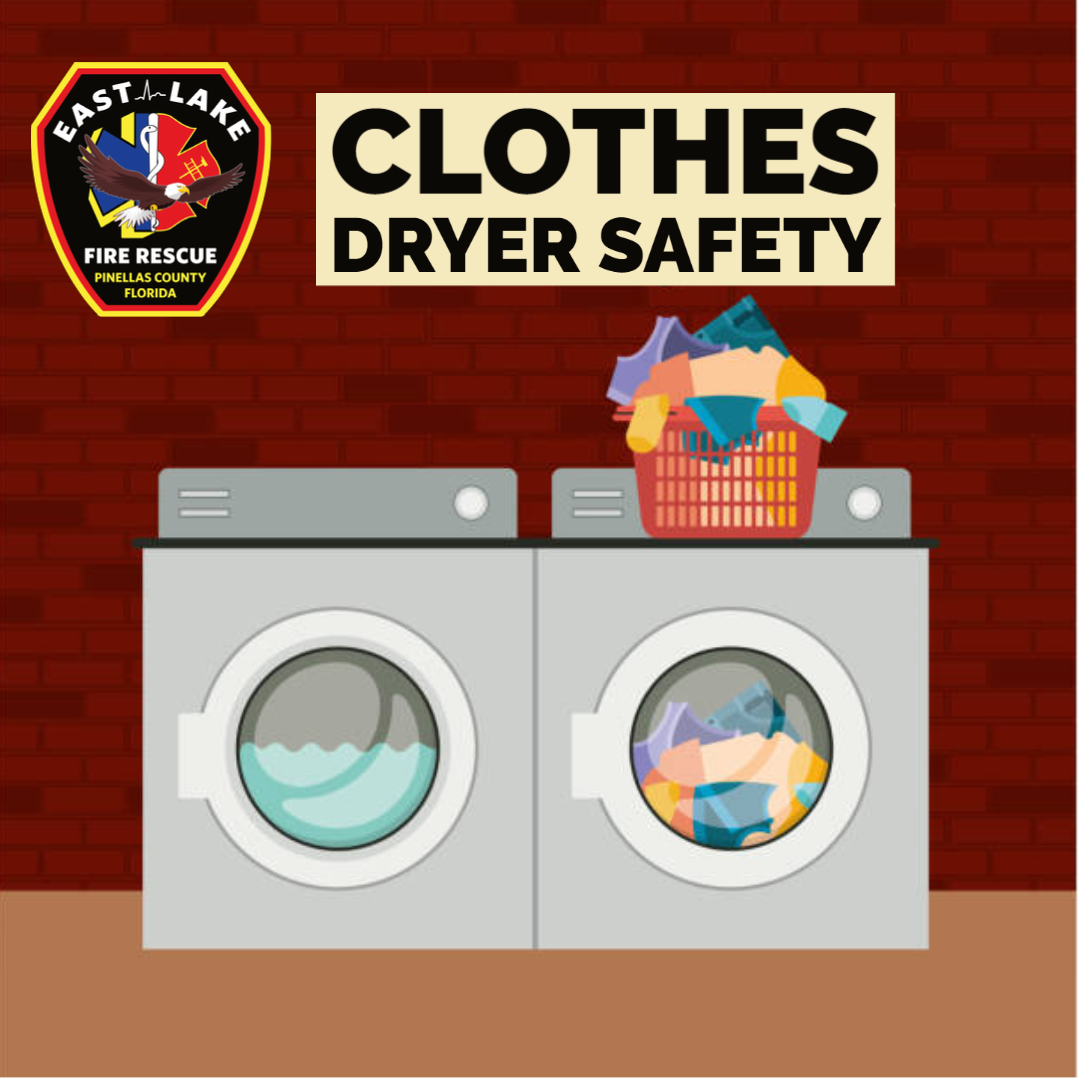Have you Cleaned your Clothes Dryer Lately?

Although doing laundry might not be one of the most entertaining chores, there really is nothing like the fresh smell of just washed and dried clean clothes! How often do you wash your clothes? According to a study completed by Nielsen, globally 67% of people said they do laundry at least twice per week, but did you know how important taking care of your clothes dryer is to protect your home from fires? In fact, according to NFPA, the leading cause of home clothes dryer fires is failure to clean them. As you tackle your spring-cleaning list, make sure you add clothes dryer cleaning to your list! Check out the following NFPA tips on Clothes Dryer Safety:
• Have your dryer installed and serviced by a professional.
• Do not use the dryer without a lint filter.
• Make sure you clean the lint filter before or after each load of laundry. Remove lint that has collected around the drum.
• Rigid or flexible metal venting material should be used to sustain proper air flow and drying time.
• Make sure the air exhaust vent pipe is not restricted and the outdoor vent flap will open when the dryer is operating. Once a year, or more often if you notice that it is taking longer than normal for your clothes to dry, clean lint out of the vent pipe or have a dryer lint removal service do it for you.
• Keep dryers in good working order. Gas dryers should be inspected by a qualified professional to make sure that the gas line and connection are intact and free of leaks.
• Make sure the right plug and outlet are used and that the machine is connected properly.
• Follow the manufacturer’s operating instructions and don’t overload your dryer.
• Turn the dryer off if you leave home or when you go to bed.
It is also important to remember that dryers should be properly grounded and that the area around your dryer should be kept clear of things that can burn, like boxes, cleaning supplies and clothing, etc. Clothes that have come in contact with flammable substances, like gasoline, paint thinner, or similar solvents should be laid outside to dry, before being washed and dried as usual. For more fire safety tips, visit www.elfr.org
